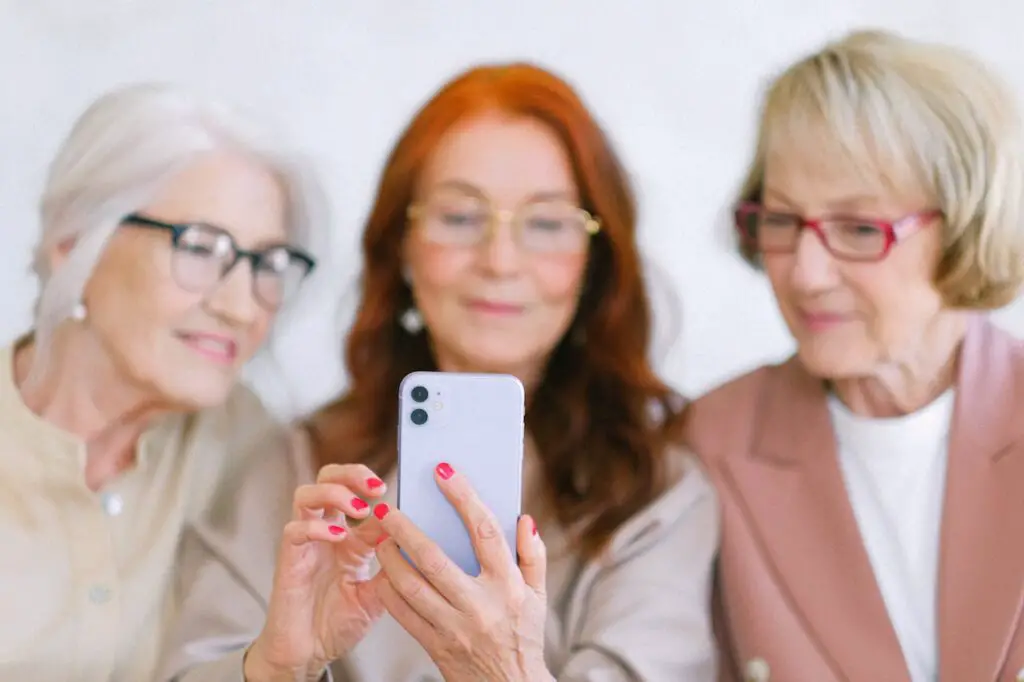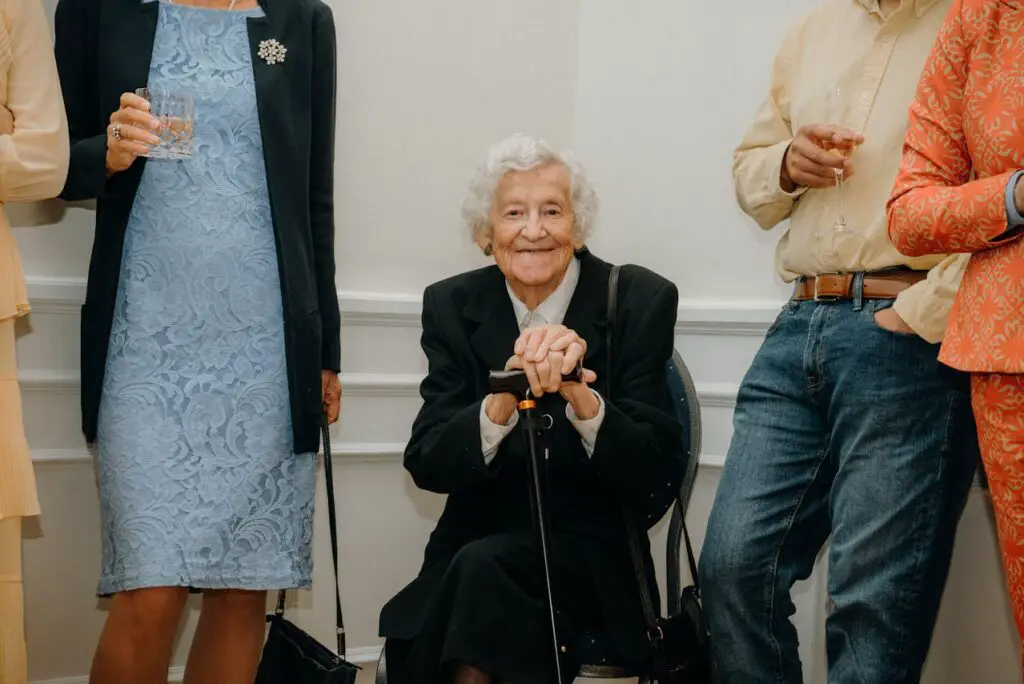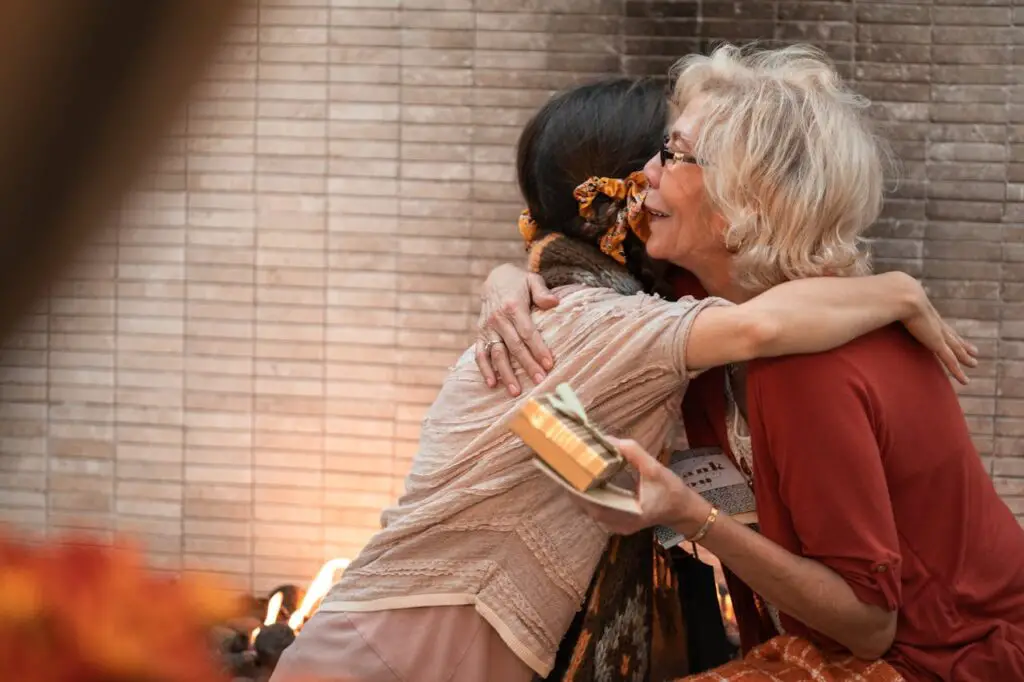Social etiquette has changed dramatically over the years, with many traditional customs fading as new generations develop their own norms. While Baby Boomers grew up following certain social rules that were once considered essential, many of these customs now feel outdated in today’s fast-paced, digital-driven world. While these practices were once viewed as signs of good manners, they are often seen as unnecessary or even impractical by younger generations. Here are ten old-school social rules that Boomers still follow but may not make much sense in modern society.
1. Always Answering the Phone No Matter What
Boomers were taught that picking up the phone was a sign of respect, whether at home, work, or in public. Ignoring a ringing phone was often considered rude. However, in today’s world of constant communication, many people screen their calls, preferring to text or let unknown numbers go to voicemail. With the rise of spam calls and robocalls, answering the phone immediately is no longer an expected norm, and many younger individuals prefer to communicate on their own terms rather than feeling obligated to respond instantly.
2. Writing Thank-You Notes by Hand
Sending handwritten thank-you notes used to be a standard social expectation, especially after receiving gifts or attending events. While expressing gratitude is still important, digital communication has taken over, with people opting for a quick text, email, or even a phone call instead. Younger generations find it more convenient and environmentally friendly to skip the paper and send a heartfelt message online rather than spending time and money on stationery and postage.
3. Dressing Up for Every Occasion
Boomers often associate formal attire with respect and take dressing up very seriously, even for casual outings. Wearing suits and dresses to events like church, dinner parties, or even airline travel was once a standard practice. However, the modern preference for comfort and practicality has led to a more relaxed approach to dress codes. Today, business casual or even athleisure wear is widely accepted in settings that once required more formal attire, making strict dress codes feel outdated.
4. Bringing a Gift to Every Host
While it is still considered polite to bring a gift to a host, the expectation of always arriving with flowers, wine, or a small gift is less rigid today. Boomers were taught that showing up empty-handed was a sign of poor manners, but younger generations are more relaxed about this custom. Many prefer to offer to help with food preparation or simply express gratitude verbally rather than feeling obligated to bring a physical item every time they visit someone’s home.
5. Not Talking About Money
For Boomers, discussing money, salaries, or personal finances was often seen as taboo. However, millennials and Gen Z have embraced more open conversations about financial literacy, salary transparency, and money-saving tips. With rising costs of living and economic challenges, younger people see financial discussions as a way to empower themselves and advocate for fair wages rather than a subject to avoid at all costs.
6. Waiting for the Bill to Be Brought to the Table
In traditional dining etiquette, it was considered rude to ask for the check too soon, as it might appear that you were rushing the meal. Boomers were taught to wait patiently until the server brought the bill. However, in today’s busy world, where efficiency is key, many diners feel comfortable requesting the check when they are ready to leave. With the rise of digital payment methods and apps, waiting around unnecessarily feels inconvenient and outdated.
7. Using Proper Titles for Everyone
Addressing people formally with titles like Mr., Mrs., or Miss was once a sign of respect and was deeply ingrained in Boomer etiquette. Younger generations, however, prefer a more casual approach, often addressing people by their first names regardless of age or status. Many workplaces and social settings now embrace this shift, as formality can sometimes create unnecessary barriers in communication.
8. Calling Instead of Texting
For Boomers, making a phone call was the primary way to communicate, and texting was often seen as impersonal. However, younger generations prefer the efficiency of texting, finding it less intrusive than an unexpected call. In today’s fast-paced world, many people see phone calls as time-consuming and disruptive, especially when a quick text can get the point across just as effectively.
9. Sending Physical RSVPs
Boomers were accustomed to mailing RSVP cards for weddings, parties, and other events, often feeling that a formal reply was necessary to show respect. Today, digital invitations and online RSVPs have largely replaced this practice. With platforms like email, social media, and event-planning websites, younger generations find it easier and more practical to confirm attendance electronically rather than dealing with physical mail.
10. Expecting Face-to-Face Meetings for Everything
Before the digital age, Boomers were taught that in-person meetings were the best way to conduct business, have serious conversations, or even catch up with friends. While face-to-face interaction is still valuable, remote work, virtual meetings, and video calls have made it possible to connect without physical presence. Younger generations value flexibility and efficiency, making in-person meetings feel unnecessary in many situations where digital communication works just as well.
Final Thoughts
Social customs evolve with each generation, and while some traditions still hold value, many old-school social rules followed by Boomers feel impractical or unnecessary in today’s world. As technology advances and lifestyles change, etiquette continues to shift toward convenience, efficiency, and adaptability. While showing respect and politeness remains important, the way these values are expressed is constantly being redefined by modern social norms. Understanding these generational differences can help bridge the gap between Boomers and younger generations, fostering better communication and mutual respect in an ever-changing society.












